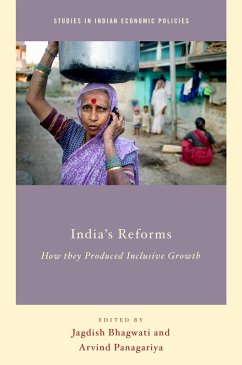When India embraced systematic economic reforms in 1991 and began opening its economy to both domestic and foreign competition, critics argued that they had contributed little to the acceleration of economic growth. Their argument had rested on the claim that growth in the 1990s was no faster than in the 1980s. This claim was quickly refuted on the grounds that when properly evaluated, growth had indeed accelerated in the 1990s and more importantly, while reforms had been made systematic in 1991, they had actually begun much earlier in the late 1970s. Subsequently, the reforms of the late 1990s and early 2000s have led to a jump in the growth rate from six percent in the 1990s to eight to nine percent beginning in 2003. The reforms have also led to a major structural change in the economy: the trade to GDP ratio has tripled since 1991, there has been a gigantic expansion of foreign investment in India, and sectors such as telecommunications, airlines, and automobiles have expanded at rates much higher than at any time in the past. This dramatic turnaround has led critics to shift ground. They now argue that opening the economy to trade has hurt the poor; that rapid growth is leaving socially disadvantaged groups behind; and that reforms have led to increased inequality. The essays in this volume take these challenges head-on. They use large-scale sample surveys and other data to systematically address each of the arguments.
India's Reforms is the first volume in the series
Studies in Indian Economic Policies, edited by Jagdish Bhagwati and Arvind Panagariya and published by OUP. It contains the first set of five original papers produced under the auspices of the Columbia Program on Indian Economic Policies housed in the School of International and Public Affairs (SIPA) and the Institute for Social and Economic Research and Policy (ISERP).
Dieser Download kann aus rechtlichen Gründen nur mit Rechnungsadresse in A, B, BG, CY, CZ, D, DK, EW, E, FIN, F, GR, HR, H, IRL, I, LT, L, LR, M, NL, PL, P, R, S, SLO, SK ausgeliefert werden.









